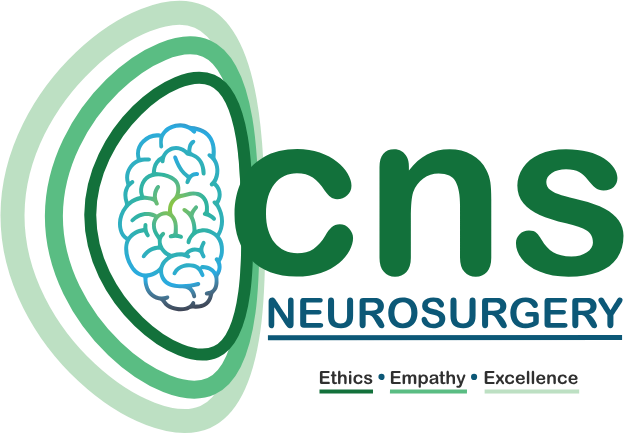
Paediatric Neurosurgery
Paediatric Neurosurgery
Dr. Chirag Solanki has been trained in this field in his alma mater, NIMHANS, the premiere world-renowned Institute of National Importance in India under the stalwarts. He also got training under Professor Tipu Aziz, the pioneer in this field in Europe and one of the first few in the world, for Deep Brain Stimulation (DBS) from John Radcliffe Hospital, Oxford, UK. There he also trained for DBS, Spinal cord stimulation and peripheral nerve stimulation under Dr. Alex Green, Dr. James Fitzgerald and Dr. Stana Bojanic. He returned from Oxford, UK to provide his expertise to the patients in this field and establish the first ever center in Gujarat.
FAQ’s
What is pediatric neurosurgery?
Pediatric neurosurgery is a medical specialty that focuses on the surgical treatment of neurological disorders and conditions affecting children. It involves the diagnosis, treatment, and management of a range of neurological conditions that can affect children, including brain tumours, epilepsy, hydrocephalus, spina bifida, and other congenital abnormalities.
What conditions can be treated with pediatric neurosurgery?
Pediatric neurosurgery can be used to treat a wide range of conditions affecting the brain, spine, and nervous system in children, including brain tumours, hydrocephalus, spina bifida, craniosynostosis, and congenital malformations of the brain and spine. It may also be used to treat traumatic brain injuries, epilepsy, and movement disorders.
What types of surgical procedures are used in pediatric neurosurgery?
Pediatric neurosurgery involves a variety of surgical procedures, including brain surgery, spinal surgery, and peripheral nerve surgery. The specific procedure used will depend on the child’s condition and the extent of the problem. Some common procedures include craniotomy, shunt surgery, spinal fusion, and nerve repair or reconstruction.
How is pediatric neurosurgery different from adult neurosurgery?
Pediatric neurosurgery differs from adult neurosurgery in several ways. Children’s brains and nervous systems are still developing, which can make surgery more complex and require specialized expertise. Additionally, children’s bodies may react differently to anesthesia and other medications used during surgery. Pediatric neurosurgeons are trained to handle these unique challenges and are skilled in communicating with children and their families.
What are the risks associated with pediatric neurosurgery?
As with any surgical procedure, pediatric neurosurgery carries some risks, including bleeding, infection, and damage to surrounding tissue. Children may also be at higher risk for certain complications, such as hydrocephalus or developmental delays. The specific risks and complications will depend on the type of surgery and the individual child’s health status.
How long does it take to recover from pediatric neurosurgery?
Recovery time from pediatric neurosurgery will depend on the type of surgery and the individual child’s health status. Children may need to stay in the hospital for several days or weeks after surgery and may require physical therapy or other rehabilitation to regain function. The recovery process can be slow and may take several months to a year or longer.
Book Appointment
We are here for you
We are here to make your brain, and spine healthy and normal like others.

